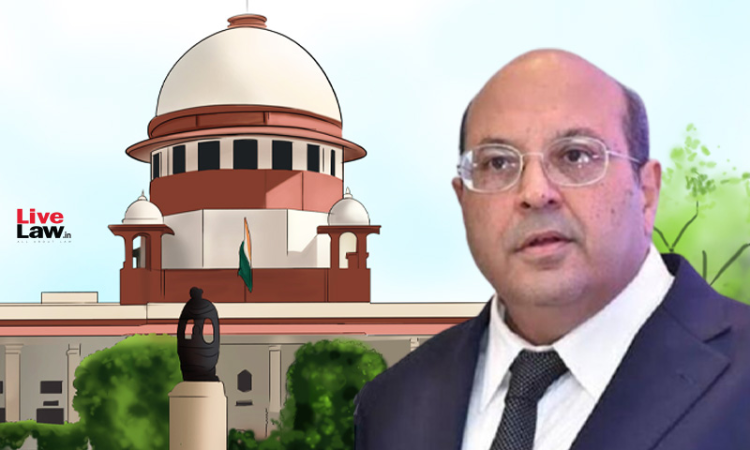Strike Down Sedition Law & Offending Provisions Of UAPA To Ensure Citizens Can Breathe Freely : Justice Nariman Urges Supreme Court
Mehal Jain
10 Oct 2021 9:25 PM IST

"There is a chilling effect on free speech. If you are booking persons, including journalists, under these laws which come with large sentences and no anticipatory bail, people would not speak their mind"
Next Story


